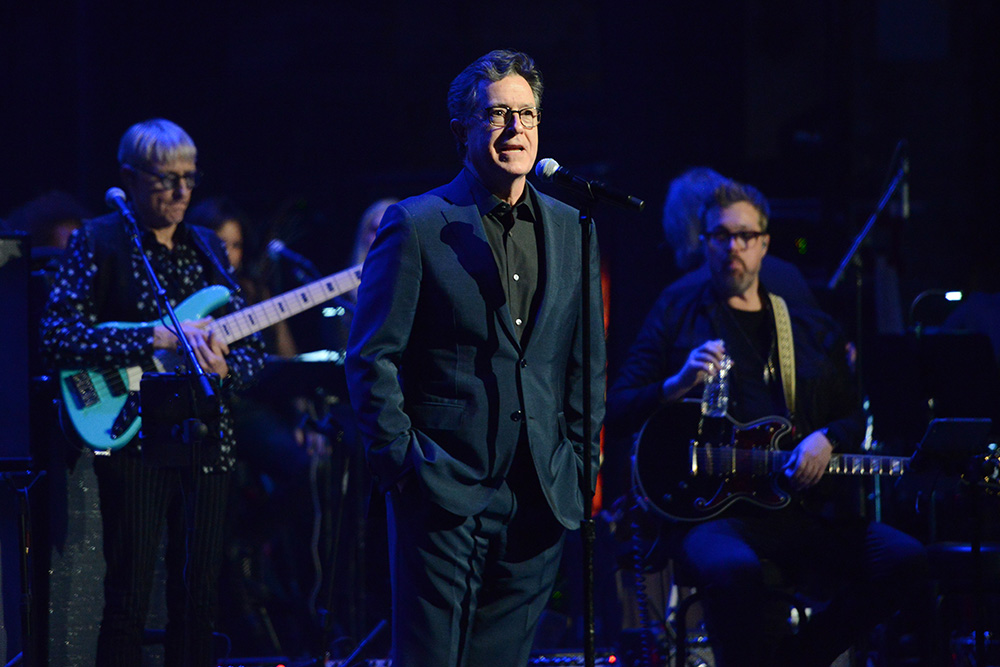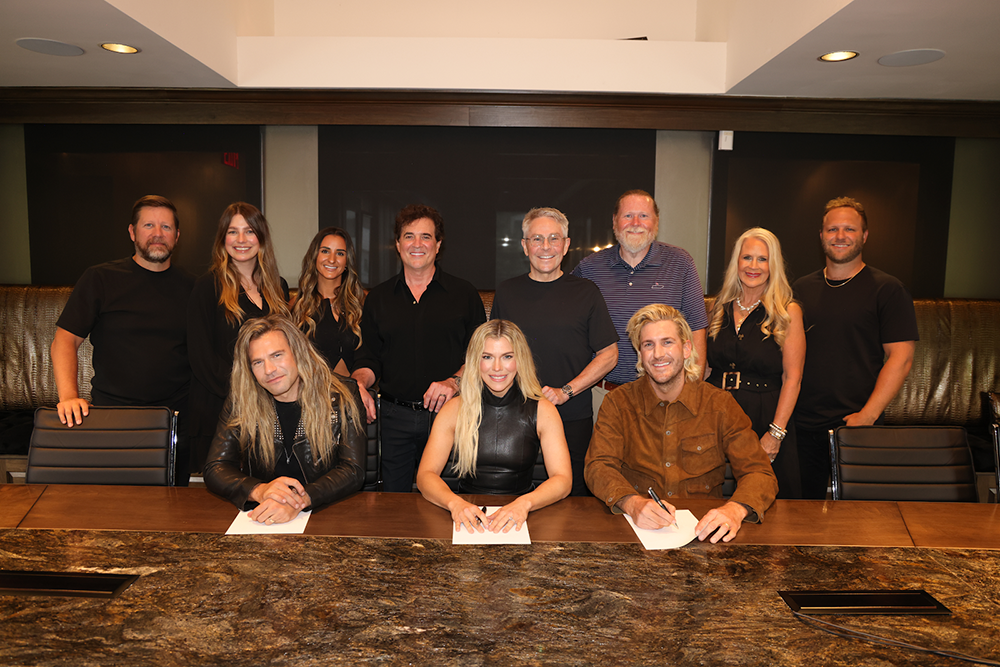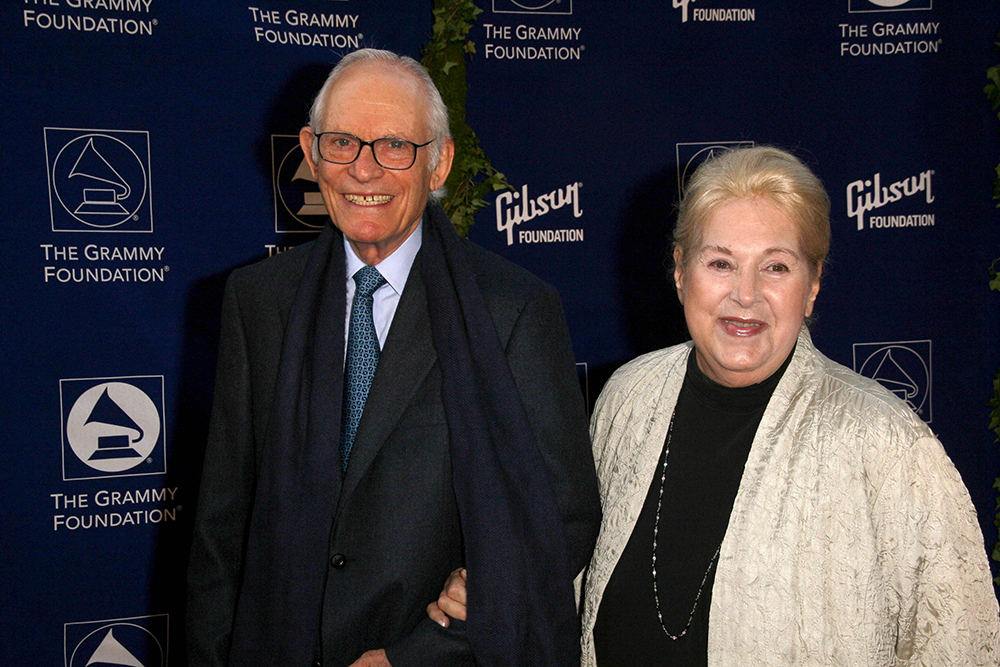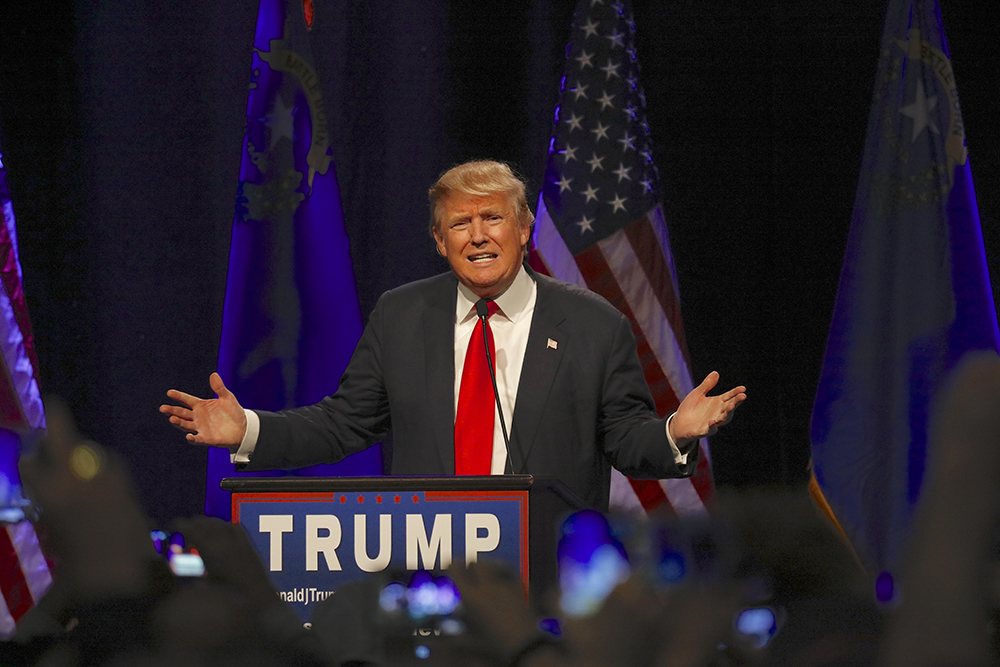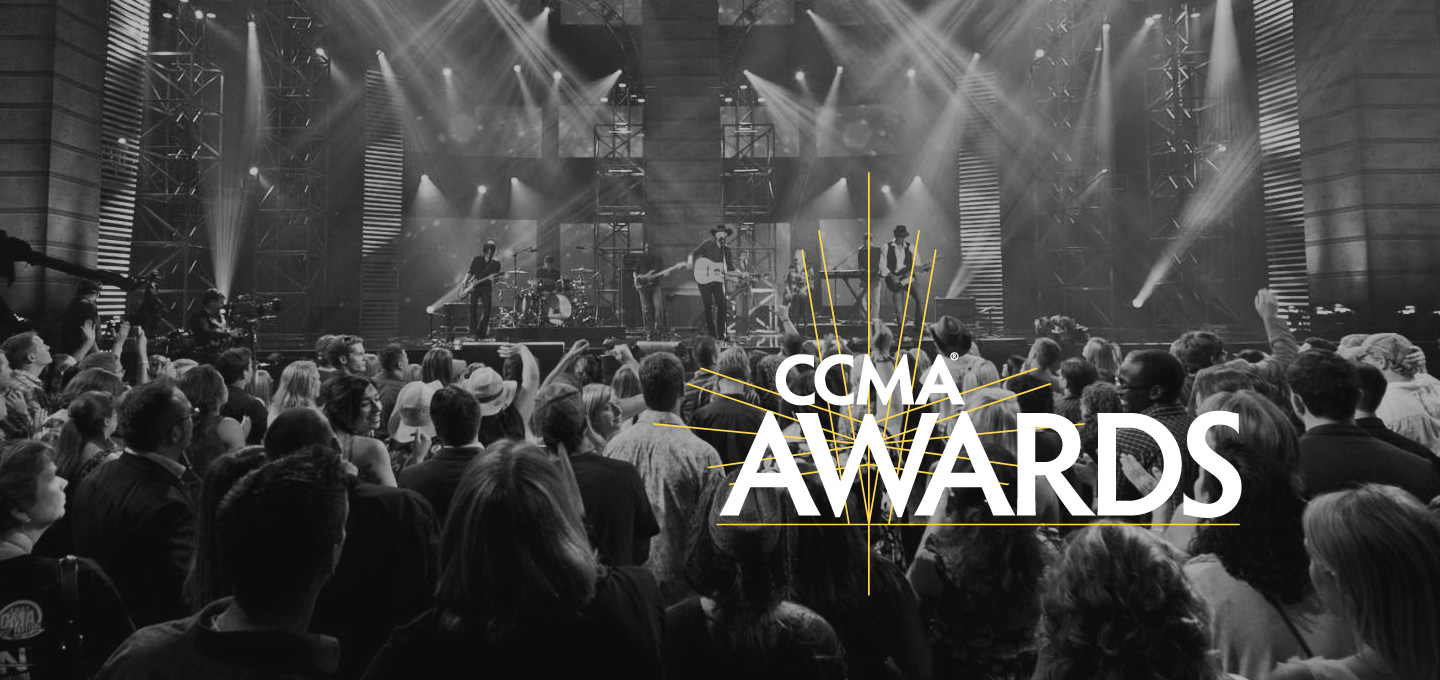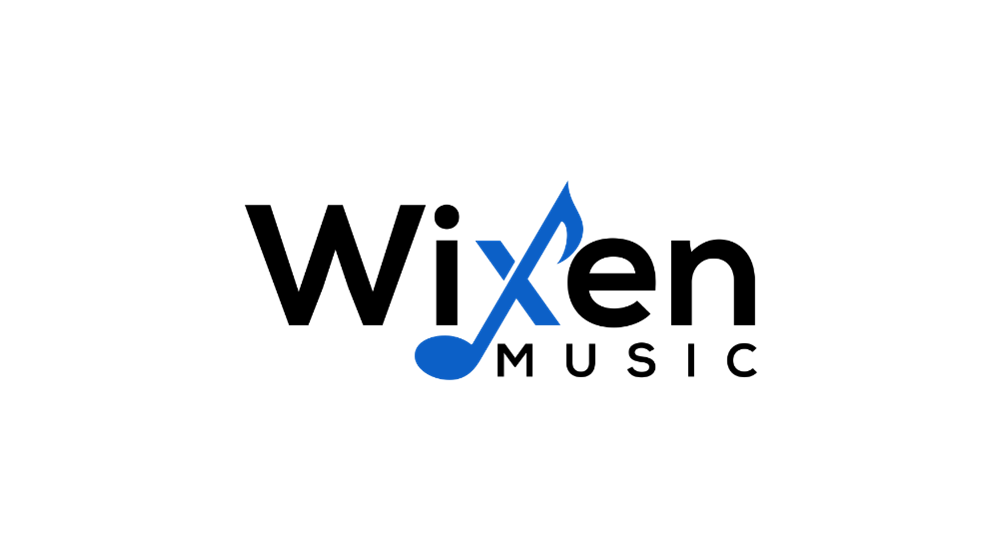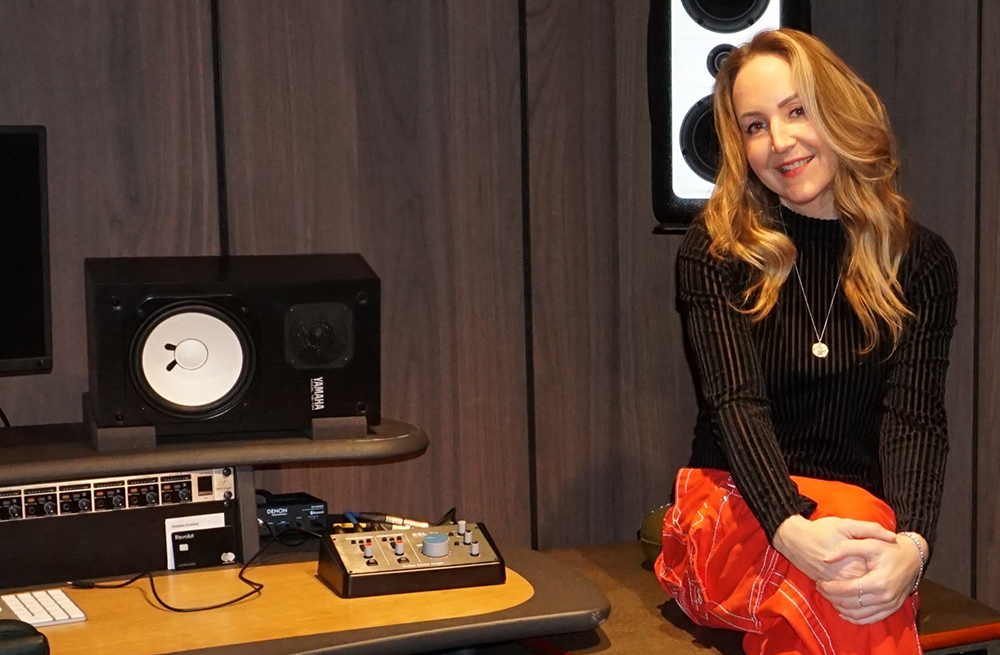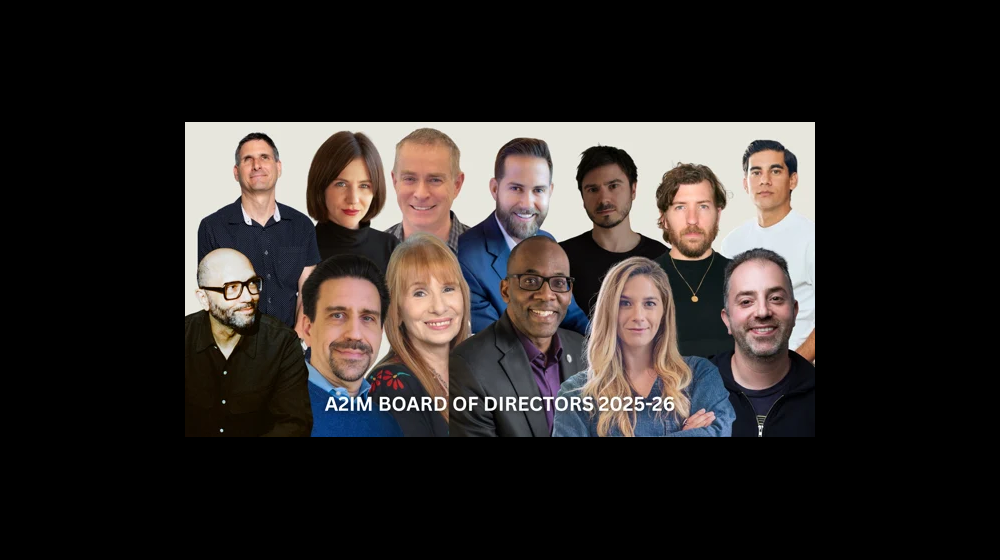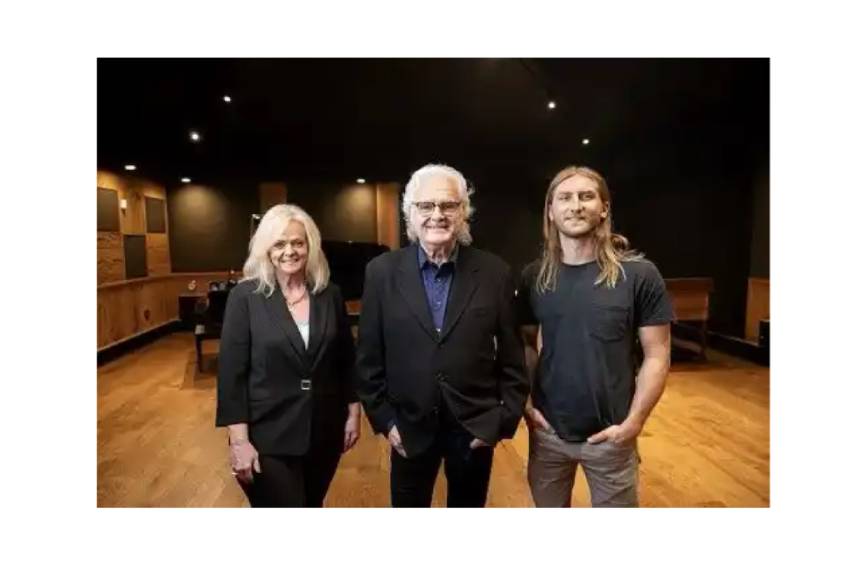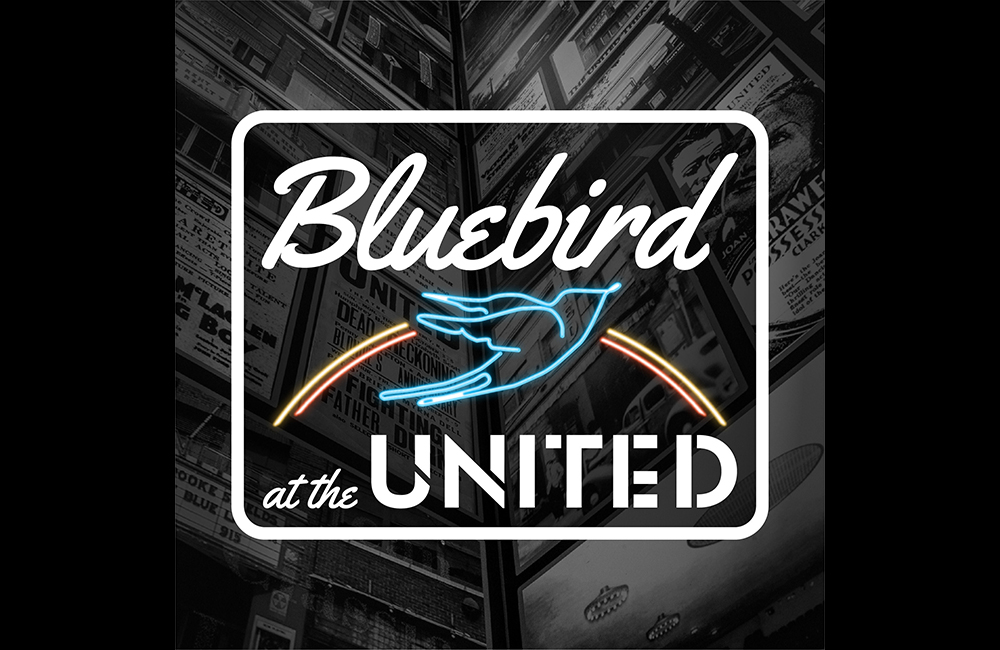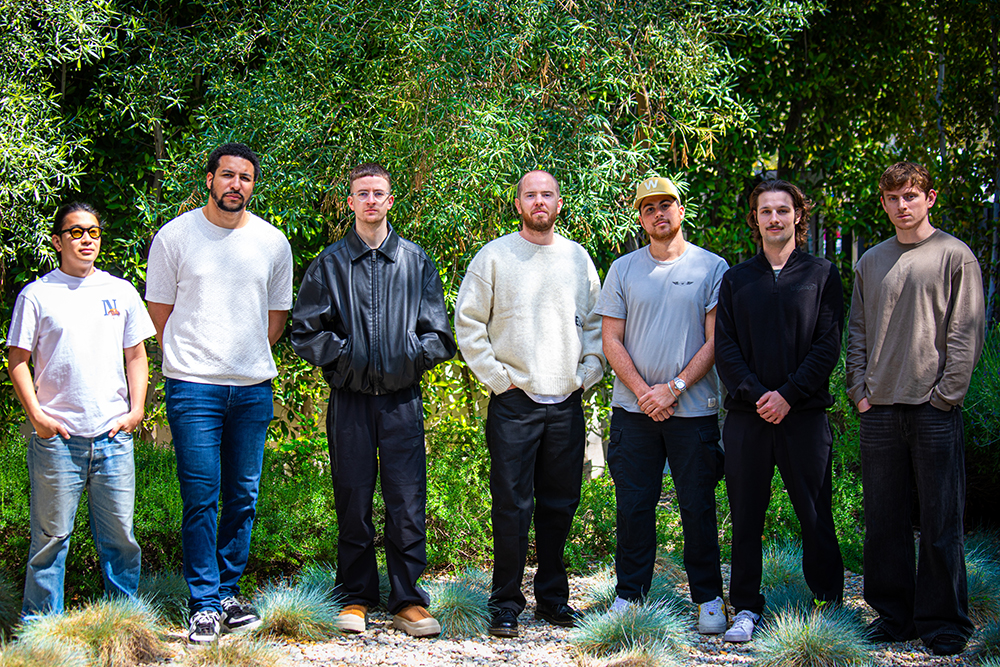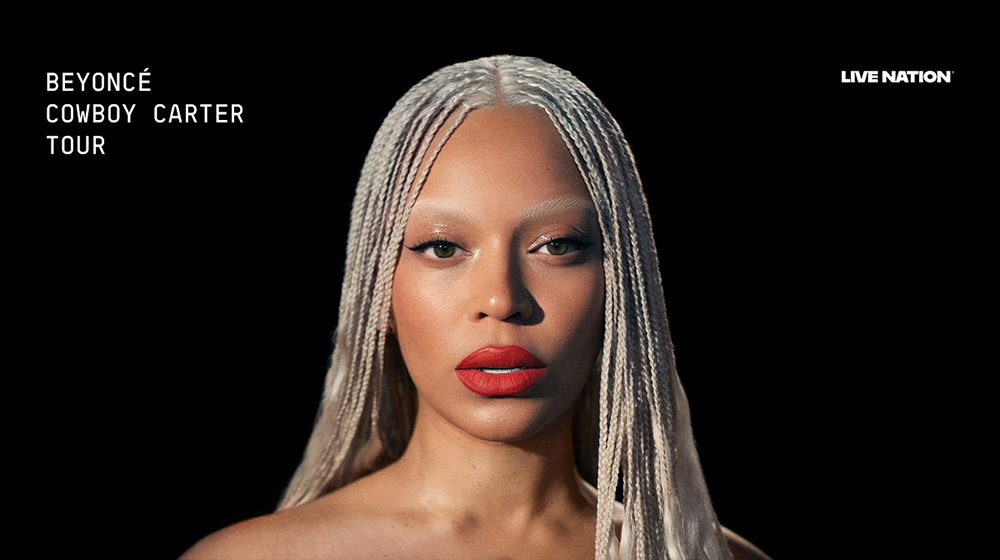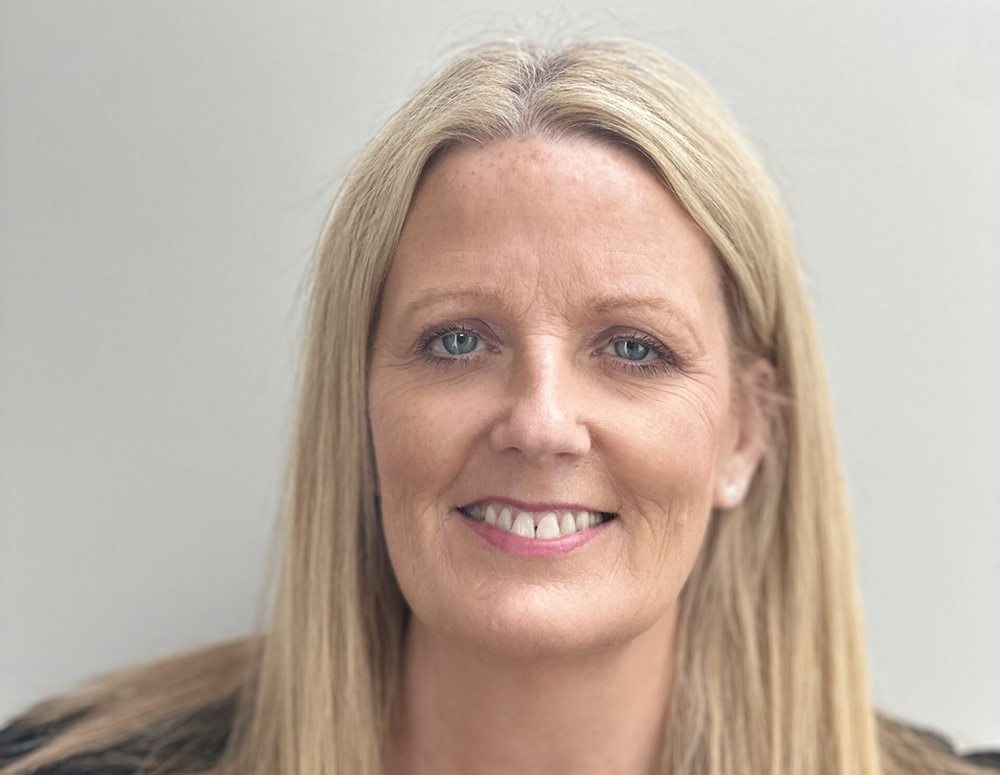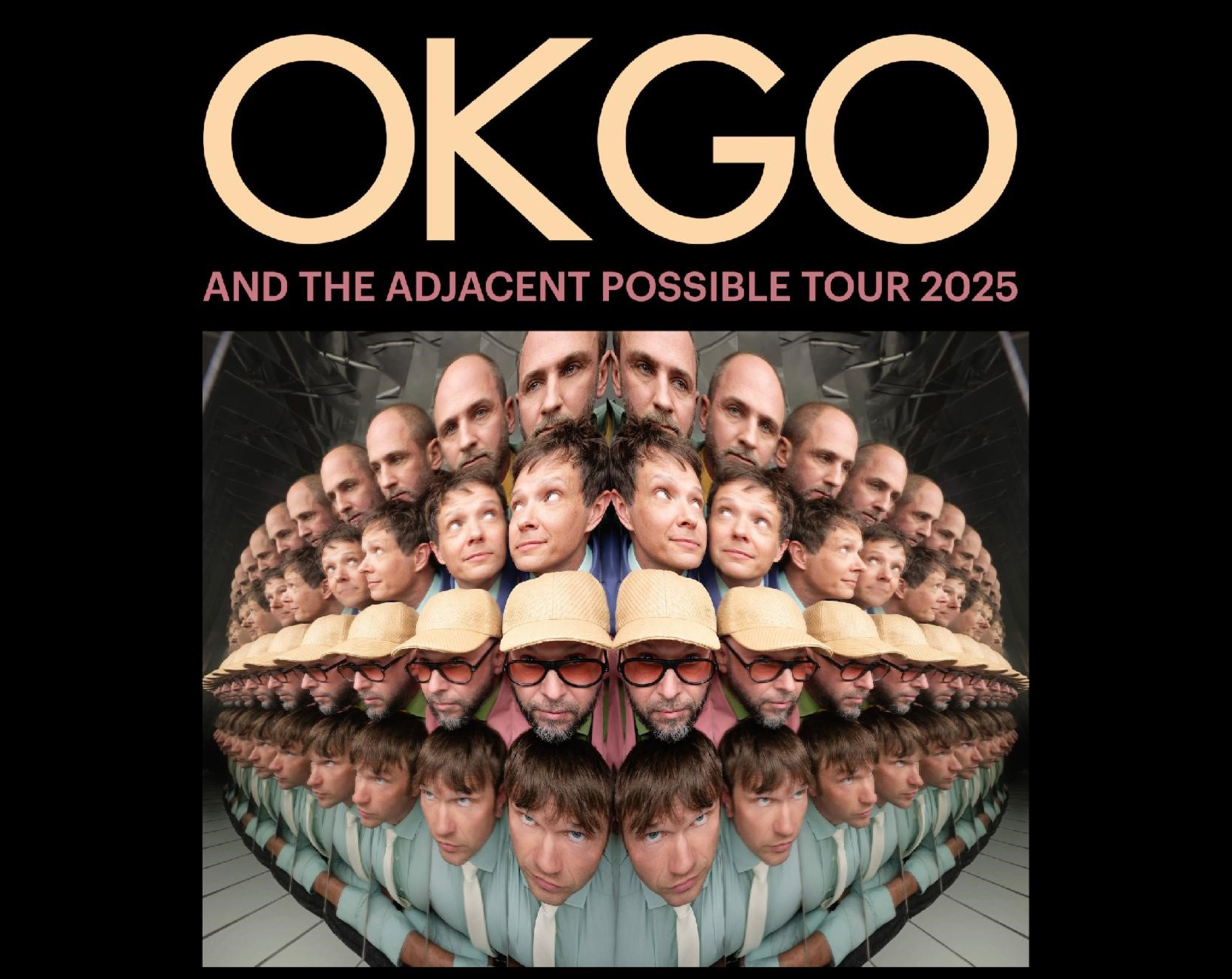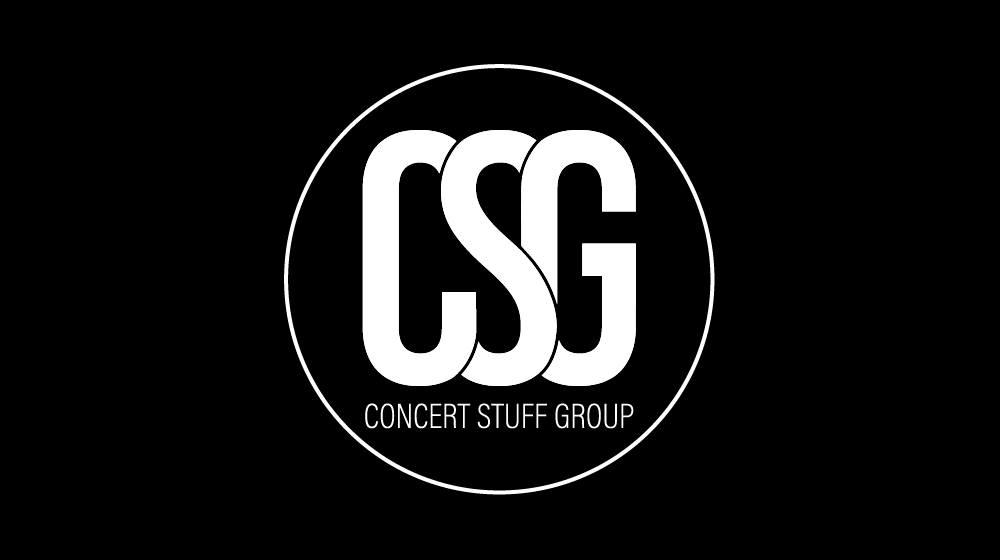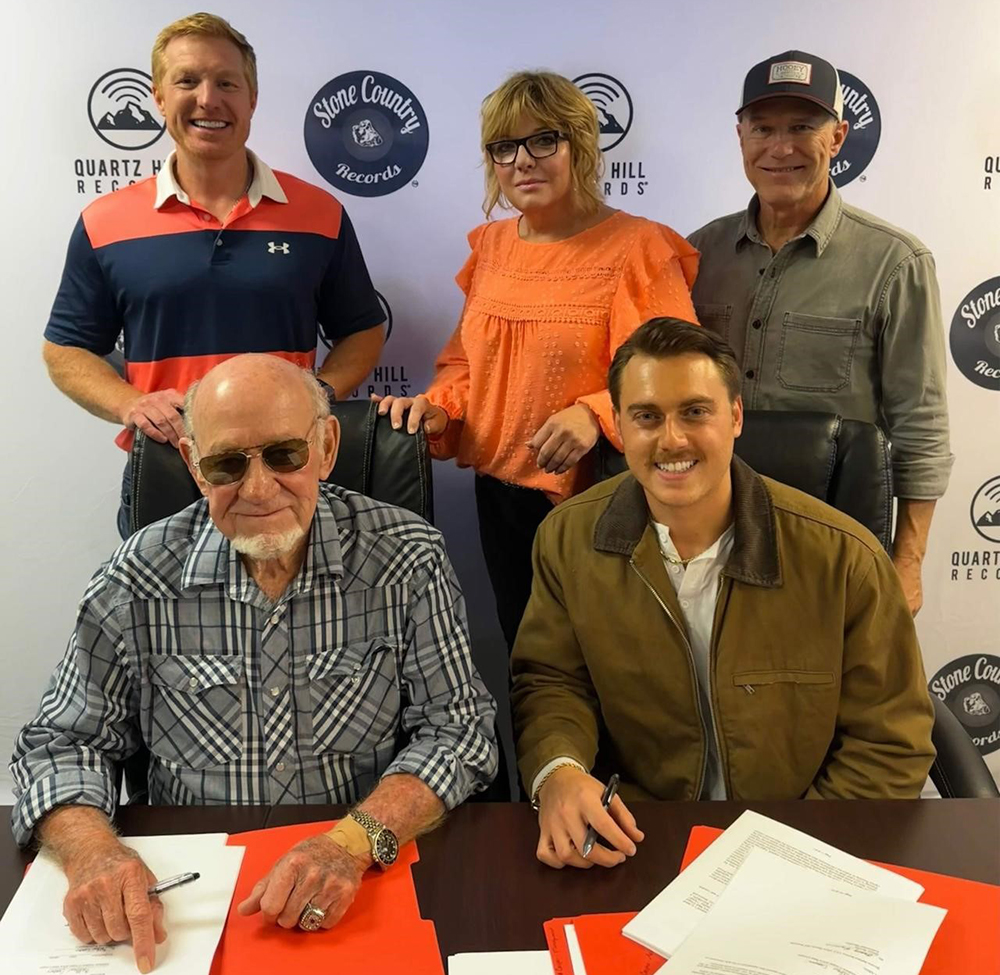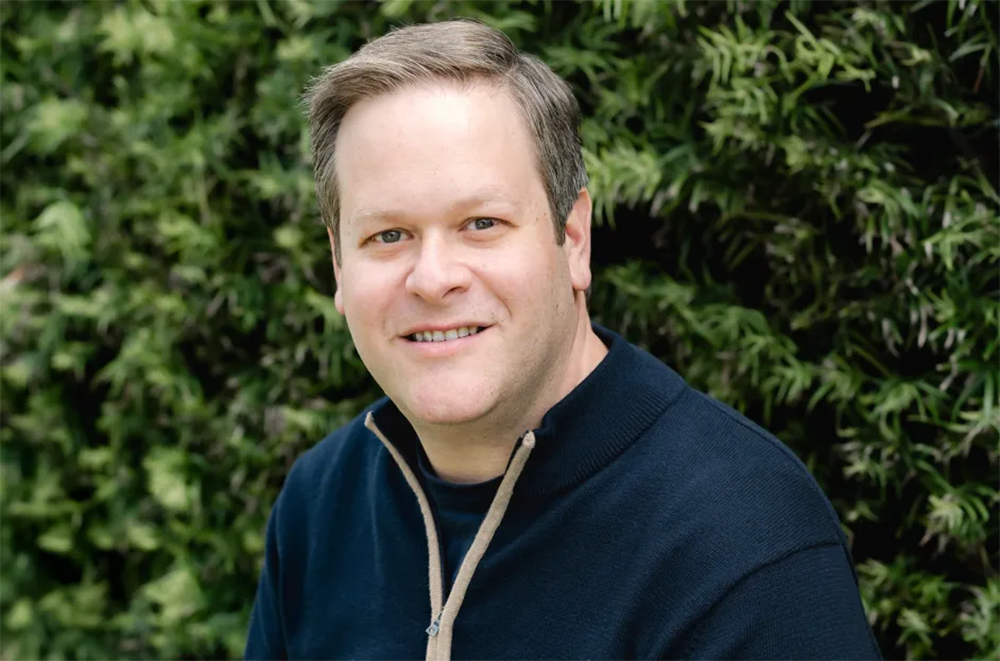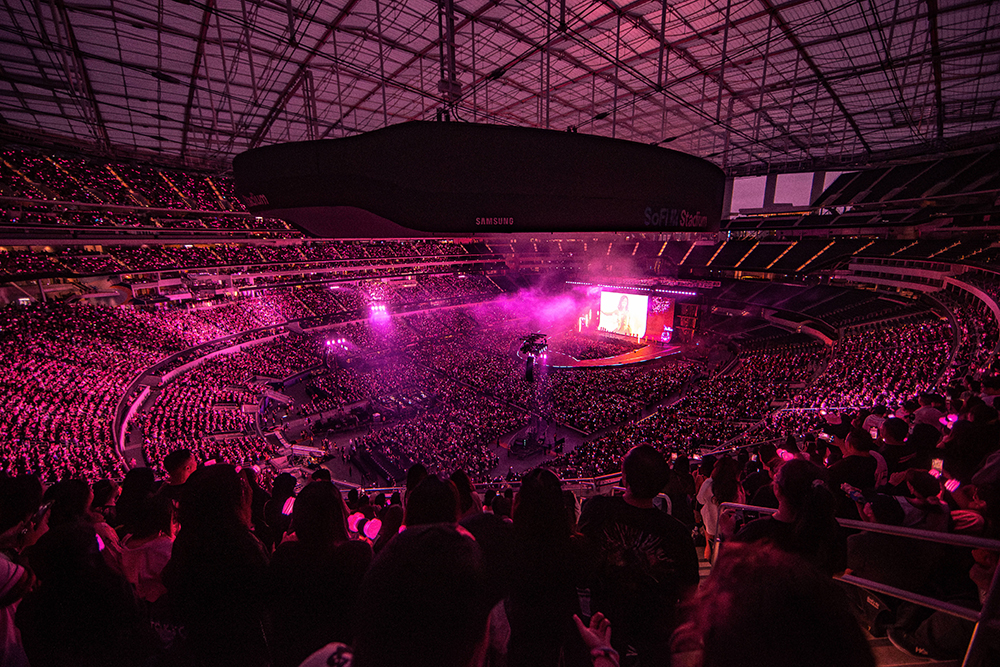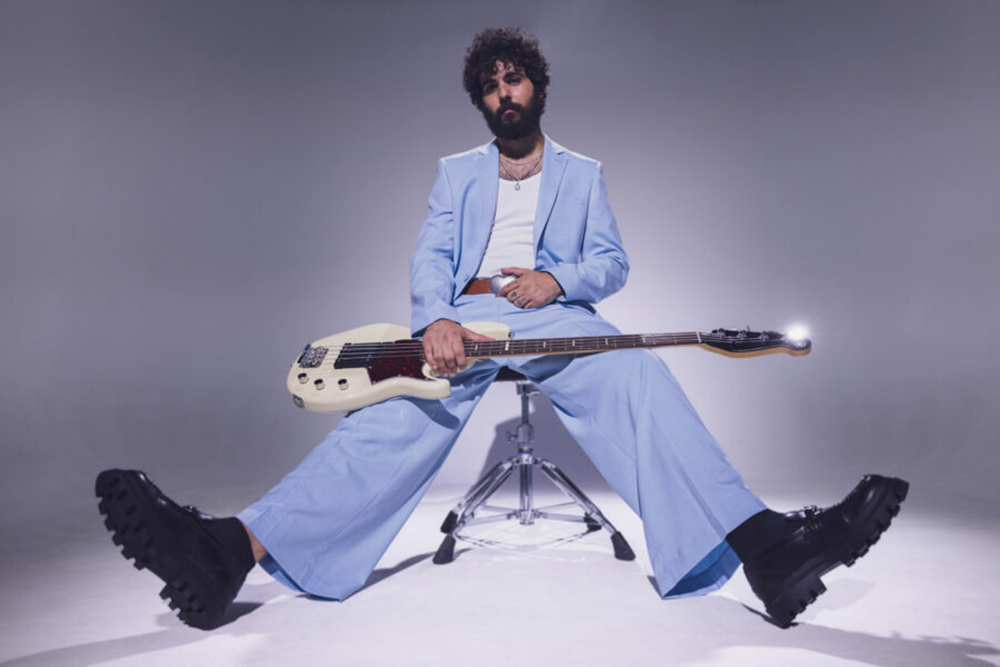
In retrospect, suing P2P traders was the beginning of the end.
Don't listen to the RIAA disinformation campaign. Music is the canary in the coal mine, the first business to be transformed by the Internet and still leading. What the music industry didn't know was not only that it was being blindsided by P2P trading, it had ceded control to its customers, every company has, the rabble-rousers online are now in control of your business and if you don't realize this, you're toast.
Take Netflix for example. It was entirely reasonable on a business level to charge extra for DVDs. The only problem was that Netflix was clueless as to its customers' reaction thereto. As a result, the ensuing uproar has devastated the company, tarnished the brand name, made it so giving a gift of a Netflix subscription is taboo.
You want people to love your company. Customers and companies are no longer at arm's length, but in it together. And it's not only old wave enterprises who fail to realize this. Facebook kept changing its privacy policy, trying to make money and ultimately pissing off its users. People have no loyalty to Facebook the company, they'd jump to another service in a heartbeat, they'd love to see arrogant Mark Zuckerberg fail. You may be able to code in your teens and twenties but that does not mean you're savvy enough to know how to interact with the public.
But the music industry is the worst. Because its executives believe they're above the hoi polloi. They don't want to fly coach and they don't want to sit in the back. Whereas only by understanding the public, being one of them, can you move forward.
Don't point out the embrace of new major label acts. That's like pointing out the one still standing apartment not devastated by a citywide fire. Once upon a time one yearned to work at Warner Brothers, one looked up to the record companies, now they're a joke. You hate them.
And you hate Ticketmaster even more.
And you might think the ticketing giant is protecting you, taking all the heat so you don't, but that's like believing a wall will protect your home from a drone. Customers hate fees. Bands love them. Bands will lose. They're already losing. People go to fewer concerts because they're so expensive and the ticket-buying process is abusive. You can't get a good seat unless you employ StubHub or a scalper. The business created this problem, not the audience. And no one other than Ticketmaster is trying to solve this problem. But Ticketmaster gets flak constantly. The managers, agents and acts are no different from the record labels, they believe it'll all blow over, the audience are chumps.
Not that Live Nation is totally laudable. Explain the Groupon deal again? So you post discounts and as a result of the Web everybody knows instantly. So few want to pay full price. Sure, Adele sells out, but for most other acts the audience is trained to wait. For the deal.
And what did Steve Jobs famously say during the last recession? That Apple was going to invest, innovate its way out of the doldrums?

That resulted in the iPod.
In ten years, what has been the major label innovation?
All they've done is cut back.
Kind of like Eddie Lampert at Sears. Believing you can balance the books out of the doldrums. The record companies should have doubled-down, invested in non-Top Forty acts, built for the future. But they didn't.
And then we had the Verizon fracas. Didn't they learn from Bank Of America that Americans hate inexplicable fees, that just flow to the bottom line? I'm a Verizon user, I try to get everybody to switch, the service trumps all competitors, but now I'm reluctant to do the sell because everybody's gonna tell me the company's become too big, too arrogant, and they don't want to feed the megalomania.
If you don't think the public has power check Netflix's stock numbers.
That's the story of 2011. Not only in music, but politics. That was what Occupy Wall Street was all about. Nobodies concocted a story and got traction all by their lonesome, they changed the debate. The 1% is now part of the lexicon, it's used every day, it defines the issues for the other 99%, Wall Street and the government let this happen, to their detriment.
And at first the mainstream press ignored Occupy Wall Street. And continued to try and punch holes in their argument. But that's not how you win in the twenty first century. You do so by listening, by interacting.
If you're sitting smugly in the executive suite, like that old Judas Priest song you've got another thing coming. You've got to get off your perch and interact. You've got to have an e-mail address, a Twitter account, you've got to be reachable. That doesn't mean you've got to cave on every issue. But you must explain yourself, admit when you're wrong, give the impression that you and your customers are in it together.
Developing acts know this. Which is why the public responds to them. They're the future. Not the rip-off artists raping and pillaging to leave their fans behind.





















